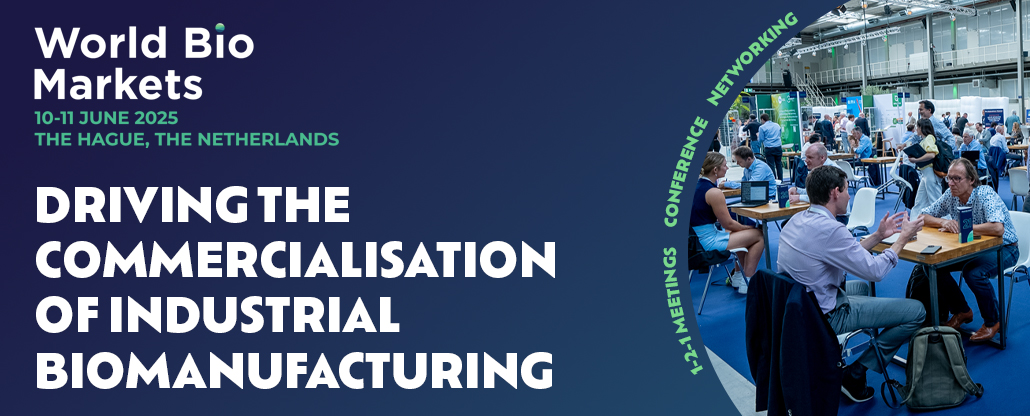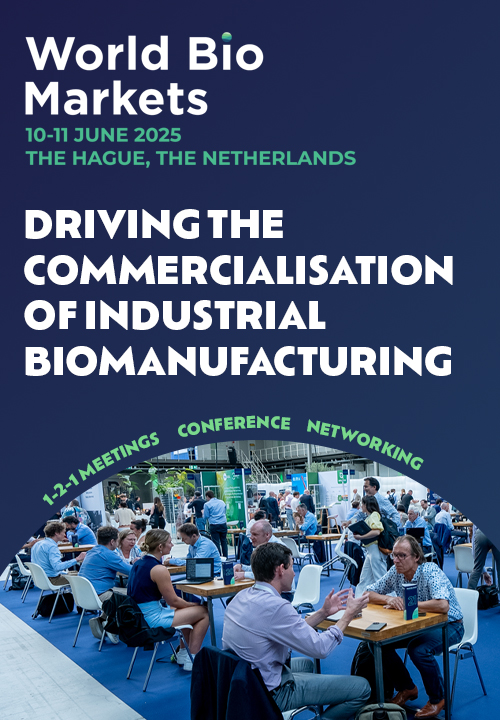On June 24, a consortium of global companies, which includes Carbios, L’Oréal, Nestlé Waters, PepsiCo, and Suntory Beverage & Food Europe, announced the successful production of the world’s first food-grade PET plastic bottles produced entirely from enzymatically recycled plastic.
This announcement concludes almost a decade of research and development by Carbios to generate a new process and boost an enzyme that occurs naturally in compost heaps and works to break down leaf membranes of dead plants.
According to Carbios, they have optimized both the technology and the enzyme “to break down any form of PET plastic—regardless of color or complexity—into its building blocks, which can then be turned back into like-new, virgin-quality plastic.”
Each of the companies in the consortium have successfully applied Carbios’ enzymatic PET recycling technology to manufacture sample bottles for some of their leading products. Some of the products using this packaging include for L’Oréal’s Biotherm skincare, Perrier water from Nestlé Waters, Pepsi Max, and Suntory’s Orangina beverage.
Carbios has patented the enzymatic PET recycling process, which allows for a wide variety of PET plastics that would normally go to waste or be incinerated, to be brought back into a circular recycling system. The technology works at a remarkable speed, breaking down 97% of the plastic in just 16 hours, that is 10,000 times faster than any biological plastic recycling trial so far.
Carbios plans to launch a 40,000 tons capacity industrial facility, by 2025.
Carbios’ CEO Jean Claude Lumaret commented: “In a world first, we have created food-grade clear bottles from enzymatically recycled colored and complex plastic with identical properties to virgin PET, and in partnership with the Consortium, we have proved the viability of the technology with the world’s leading brands. This is a truly transformational innovation that could finally fully close the loop on PET plastic supply globally, so that it never becomes waste.”






